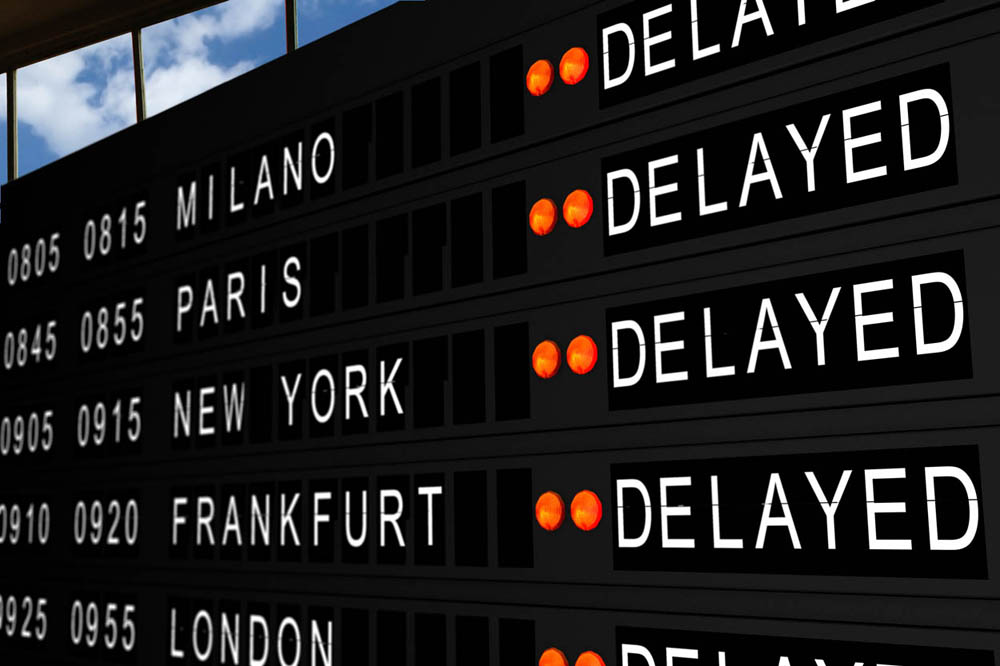Imagine being a Jew during the 500 years before Jesus. God had set up an amazing kingdom with David and Solomon, but because of Israel’s sins and the unfaithfulness of the people, God removed His protection from the kingdom. First, it split in two from internal division. Then the Assyrians conquered the Northern Kingdom. In 586 BC the Babylonians conquered the Southern Kingdom, including Jerusalem, the palace, and, most-importantly, the Temple. They proceeded to exile the Jewish people, spreading them out across Babylon.
God had promised the Jews that land, and David his kingdom to last forever, yet now the kingdom is destroyed and the people are far from their land. The following years included more wars and changes of power: Persians in 539, Greeks in 336, a brief Jewish revival in 142, only to be reconquered by the Romans in 63 BC. This whole time, God’s people are yearning for the promised Messiah (Christ, “Anointed One”). Where is the Son of David who is to come and rule over all nations? When will God free us from the oppression of these foreign nations?
Now, imagine that you are a shepherd, pasturing his sheep on a late night in Bethlehem. You’re among those Jews, awaiting the Messiah. How shocked and amazed would you be if an angel appeared and told you that the Messiah was born in your town, and that you can go see him right now? Finally! God’s promise has been fulfilled! The Messiah is here, and I can see him!
We live in a similar tension as those Jews today. Who knows what’s going to happen in Iraq? Who knows what the next US election will bring? Even in myself, there is unrest between good and evil. There are prophecies of peace, but we witness war and upheaval. The Church recognizes all this, and still proposes to us this idea to rejoice (gaudete) in the Lord always. Rejoicing isn't merely an emotional giddiness, but an optimism because of our confidence in what God has done, is doing, and will do. Even if times are difficult now, God's justice will triumph in the end. We will see the good that was able to come from our difficulties, and how useless worry and gloominess are.
 |
| Image credit: te-deum.smugmug.com |
We rejoice because not only was the Messiah born, He sacrificed Himself for us. From that Sacrifice are poured forth the Church, the Sacraments, and our very salvation--means for us to overcome our inclination to sin, and live in a relationship with God now and forever, means to draw every man and woman into that relationship. He also promised to come back to us someday and put an end to all evil on earth. This will be the ultimate fulfillment of all prophecies: healing the brokenhearted, freeing captives, making justice and praise spring up before all the nations . . . the kingdom restored and everlasting. No matter how bad things get, in our lives and in the world, we can rejoice because this life is fleeting, but Heaven is eternal, and Jesus invites each of us to have the perfect joy of that eternity with Him.
Today we light the rose candle and don the rose vestments to mark the joy of getting closer to celebrating Christmas. We have passed the half-way point of Advent, our anticipation for the Christmas season is building.
Rejoicing with anticipation,
Casey

.jpg/1024px-Das_J%C3%BCngste_Gericht_(Memling).jpg)
